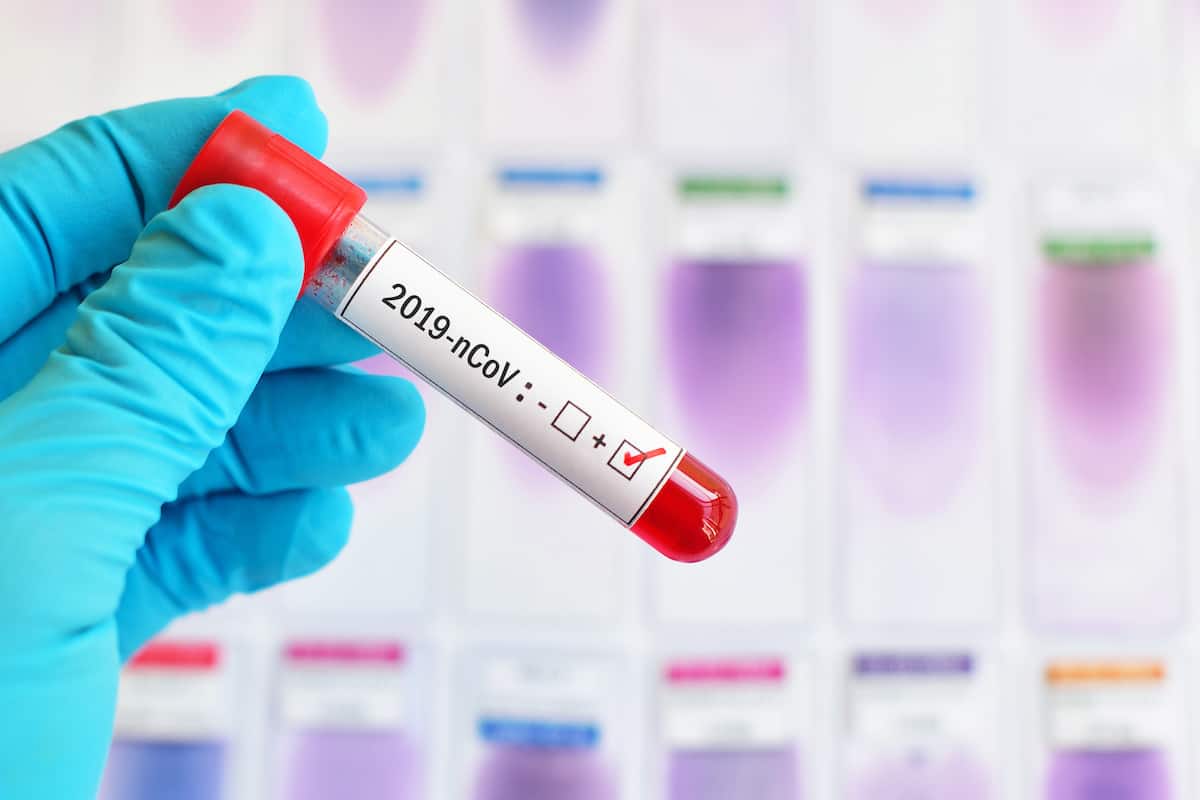On February 16, 2021, the government announced that a new coronavirus variant first reported in South Africa in December 2020 was now the dominant strain in Zimbabwe, making up 61 percent of all infections.
According to a recent genomic sequencing study, 61% of all infections in Zimbabwe are caused by that new variant, the government said.
This has raised questions about how effective PCR tests are in detecting the new variant and whether the new strains can evade detection, giving false COVID-19 test results.
Experts, including the World Health Organisation, have, however, said there is no evidence that the predominant PCR tests currently in use globally is unable to detect the new coronavirus variants.
“No impact on testing”
The universally recommended test to detect the virus which causes COVID-19 is the real-time reverse transcriptase (RT-PCR) which targets the virus’ genetic material to confirm infection.
The PCR test targets various genes making up the coronavirus, including the Spike (S) gene, Envelope (E) gene, Membrane (M) gene and Nucleocapsid (N) gene.
According to the Foundation for Innovative New Diagnostics (FIND), a WHO collaborating Centre for Laboratory Strengthening and Diagnostic Technology Evaluation, the three major new variants first detected in South Africa, the United Kingdom and Brazil largely show mutations in the S gene.
According to the World Health Organisation, most PCR tests target multiple genes, not just the S gene.
“Most PCR assays in use worldwide will use multiple targets and therefore the impact of the variant on diagnostics is not anticipated to be significant,” the WHO says.
“PCR assays targeting the S gene are not widely used for primary detection, and many assays target multiple genes,” FIND says.
The US Centres for Disease Control (CDC) concurs.
“Most commercial reverse-transcription polymerase chain reaction (RT-PCR)-based tests have multiple targets to detect the virus, such that even if a mutation impacts one of the targets, the other RT-PCR targets will still work,” the CDC says.
Do you want to use our content? Click Here












